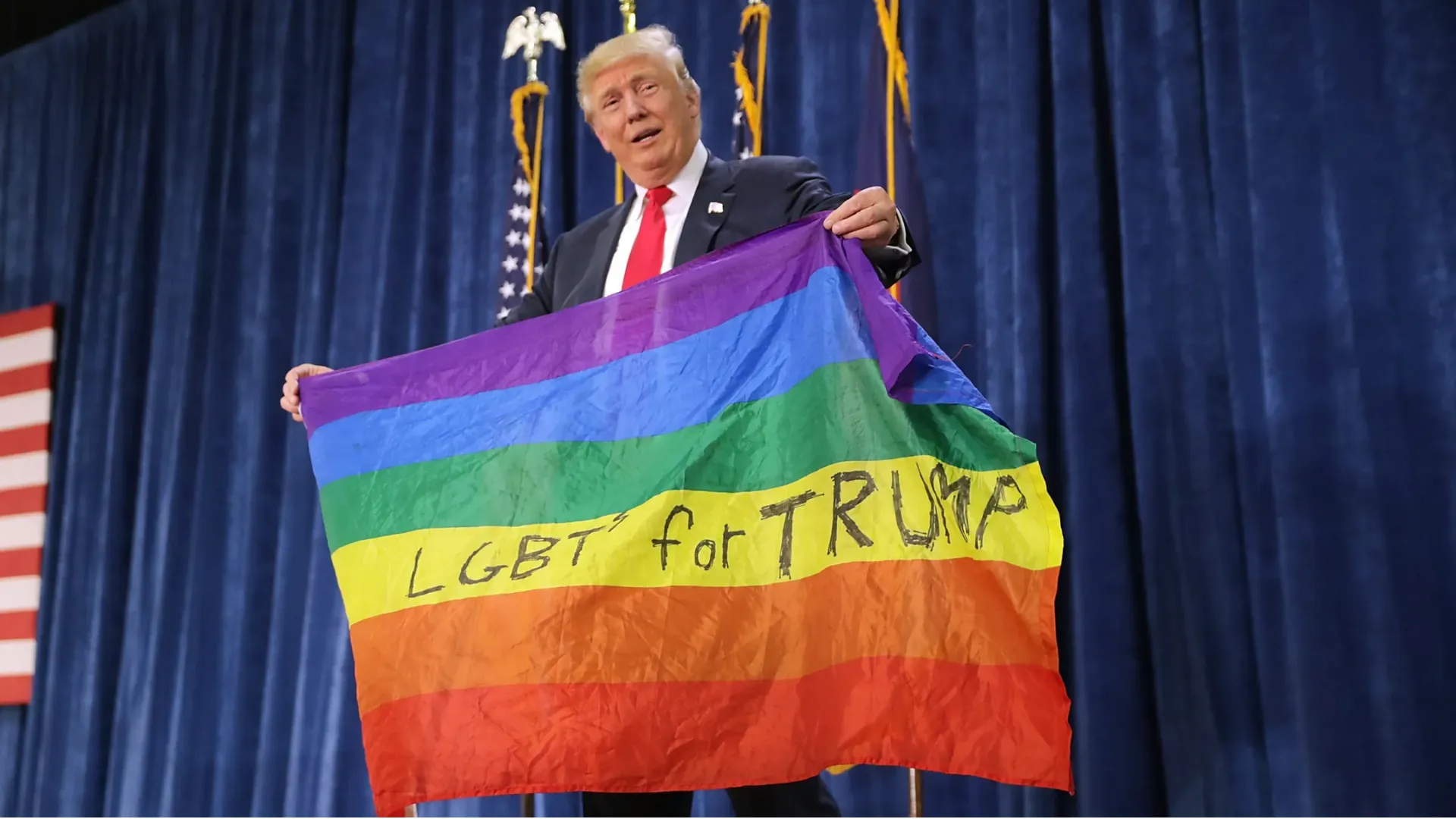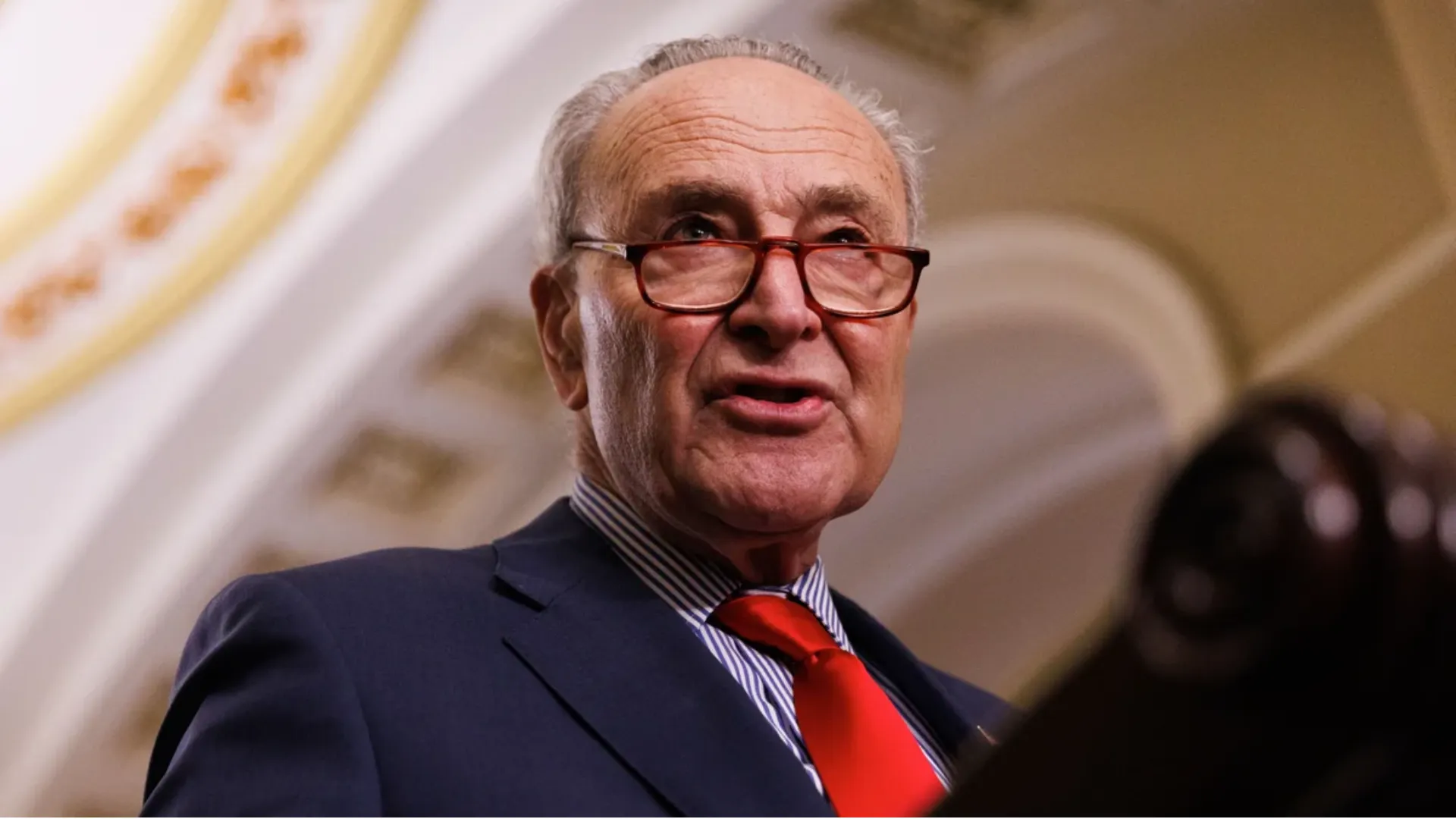
The Brazilian government has condemned the United States after dozens of undocumented Brazilian immigrants were deported in handcuffs. The controversy erupted following the arrival of a deportation flight in Manaus, northern Brazil, on January 25, where passengers were seen disembarking in restraints, including handcuffs and leg shackles.
The Ministry of Justice expressed strong disapproval, demanding that US officials immediately remove the handcuffs upon the plane’s arrival. Justice Minister Ricardo Lewandowski called the situation a “flagrant violation of the fundamental rights of Brazilian citizens” and briefed President Luiz Inácio Lula da Silva on the incident. The government vowed to seek accountability for what it deemed unacceptable treatment.
The Ministry of Foreign Affairs publicly addressed the matter on the social media platform X, declaring that it would demand an explanation from the US government. The flight in question, carrying 88 individuals, was originally scheduled to land in Belo Horizonte, southeastern Brazil. However, technical issues forced an unplanned landing in Manaus.
Edgar Da Silva Moura, a 31-year-old deportee, described harsh conditions on the flight. "They didn’t give us water, and we were handcuffed the entire time. Even restroom use was restricted," he said. He also noted the extreme heat onboard, which caused several passengers to faint. Another passenger, 21-year-old Luis Antonio Rodrigues Santos, recounted the ordeal, highlighting the distress faced by those with respiratory problems during four hours without air conditioning due to the plane’s technical failure.

Brazilian Human Rights Minister Macaé Evaristo expressed concern over the presence of vulnerable individuals, including autistic children, on the flight. She condemned the treatment of these passengers, emphasizing that such actions disregard basic human dignity. President Lula promptly mobilized an air force plane to safely transport the affected individuals to their intended destination, ensuring their journey concluded with respect and care.
The incident has sparked broader criticism of US immigration policies under President Donald Trump. Trump’s administration has implemented stricter measures targeting undocumented migrants, including increased deportations and a militarized approach to border security. Trump declared a national emergency at the southern border on his first day in office and pledged to prioritize the removal of “criminal aliens.”
The controversial deportation flight coincides with heightened tensions over immigration policies in Latin America. Several deportation flights, including one to Guatemala earlier in the same week, have attracted widespread attention. Under Trump’s administration, the use of military aircraft for deportation has become more common, marking a shift from previous practices.
However, Brazilian officials clarified that the flight to Manaus did not involve military aircraft and was unrelated to Trump’s post-inauguration immigration orders. A government source indicated that the deportation was carried out under a 2017 bilateral agreement between Brazil and the United States. The source also noted that the deportees possessed identification documents and had ostensibly consented to return to Brazil.
Despite this clarification, the incident has reignited debates over the treatment of undocumented immigrants. Critics argue that Trump’s hardline policies perpetuate a criminalization narrative that dehumanizes migrants. "Everything changed under Trump," Santos remarked, referring to the shift in attitudes toward immigrants since Trump took office. He described the experience as a "nightmare," underscoring the emotional and physical toll endured by deportees.

The United States currently has an estimated 11 million undocumented immigrants, according to the Department of Homeland Security. On the same day as the Manaus flight, the US deported 265 undocumented migrants to Guatemala, further fueling regional tensions. These deportations highlight the escalating enforcement of immigration laws and the contentious role of bilateral agreements in facilitating removals.
The Brazilian government’s reaction reflects growing frustration with the US approach to immigration enforcement. Human rights advocates and officials have called for accountability, emphasizing the need to uphold basic standards of dignity and respect in the treatment of deportees. The incident underscores broader challenges in navigating migration policies between nations while safeguarding individual rights.
As investigations continue, Brazil’s demand for answers signals its commitment to defending the rights of its citizens abroad. The case has amplified calls for greater scrutiny of deportation practices and international cooperation to ensure humane treatment of migrants.



